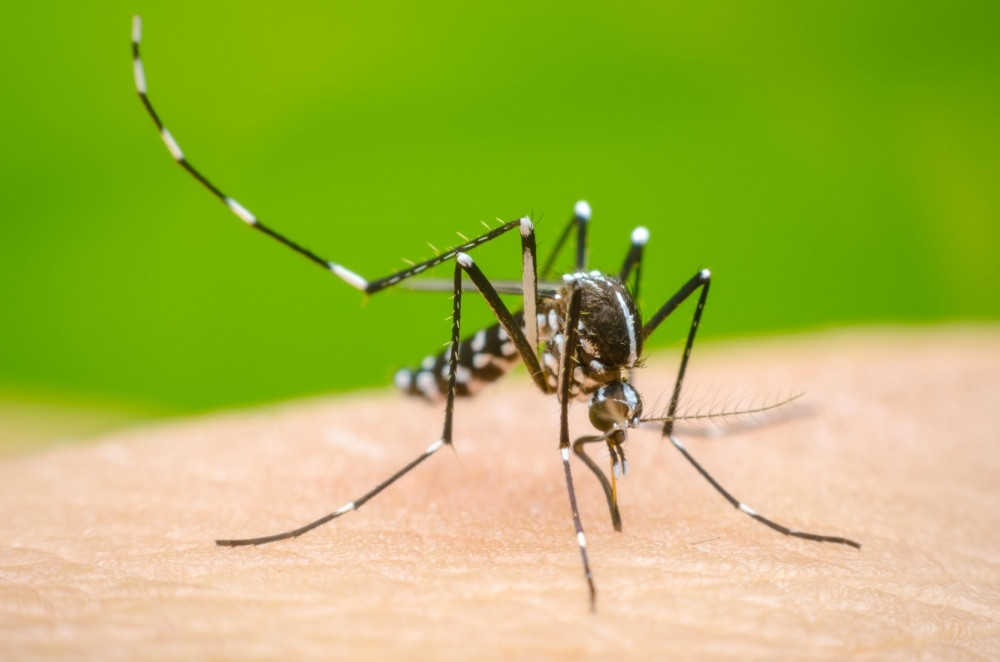Infection
Residents in Hanoi capital infected with dengue virus type DEN-3
According to health experts, dengue fever is typically caused by four dengue virus types – DEN-1, DEN-2, DEN-3, and DEN-4, of which DEN-1 and DEN-2 are the most common types, accounting for 90% of the infections.
A person infected with a virus type can gain lifelong immunity to that type, although they remain at risk of contracting others. Particularly, repeat infections can prove to be highly dangerous since the disease is often more severe compared to the first infection.
The Hanoi Center for Disease Control (CDC) reported that the capital has since the beginning of the year recorded a total of 33,489 cases of dengue, a figure 2.5 times higher than the same period from last year. So far, four patients have died of the virus.
Dengue infections have been detected in all 30 districts and towns across Hanoi, mostly in districts of Ha Dong, Hoang Mai, Thanh Oai, Phu Xuyen, Dong Da, and Thanh Tri.
According to the World Health Organization (WHO), dengue fever is one of the top 10 threats to global health as 40% of the world’s population reside in areas at risk of infection. It is one of the fastest spreading mosquito-borne diseases and is popular in tropical regions. The disease leads to roughly 20,000 deaths worldwide each year.
Vietnam has been trying to find an effective way to tackle dengue fever, one of the biggest killers among 28 common infectious diseases. The only vaccine against dengue currently available globally is not recommended for people who have not had dengue before.
The WHO says that vector control can be considered the key strategy to prevent the widespread transmission of the virus.
Source: VOV

